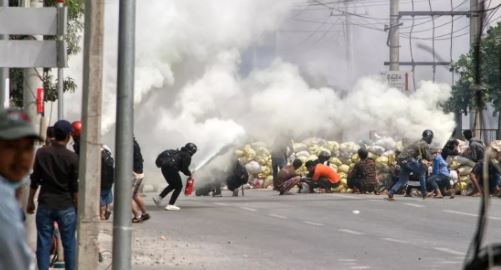×
The Standard e-Paper
Home To Bold Columnists

Myanmar has been in the news for the last one month for all the wrong reasons, a military coup that toppled an elected government. The country was formerly called Burma, but the name was changed in 1989.